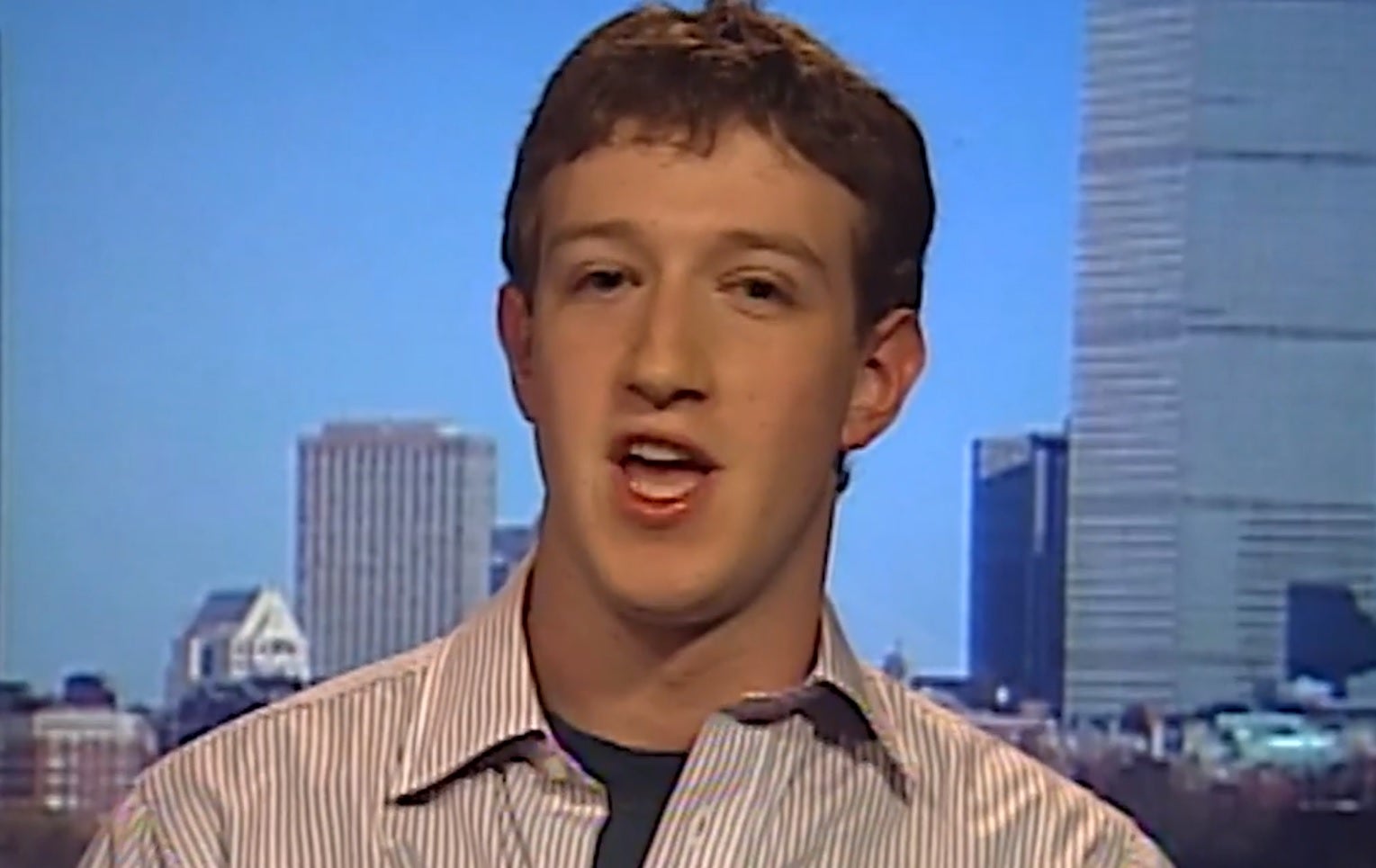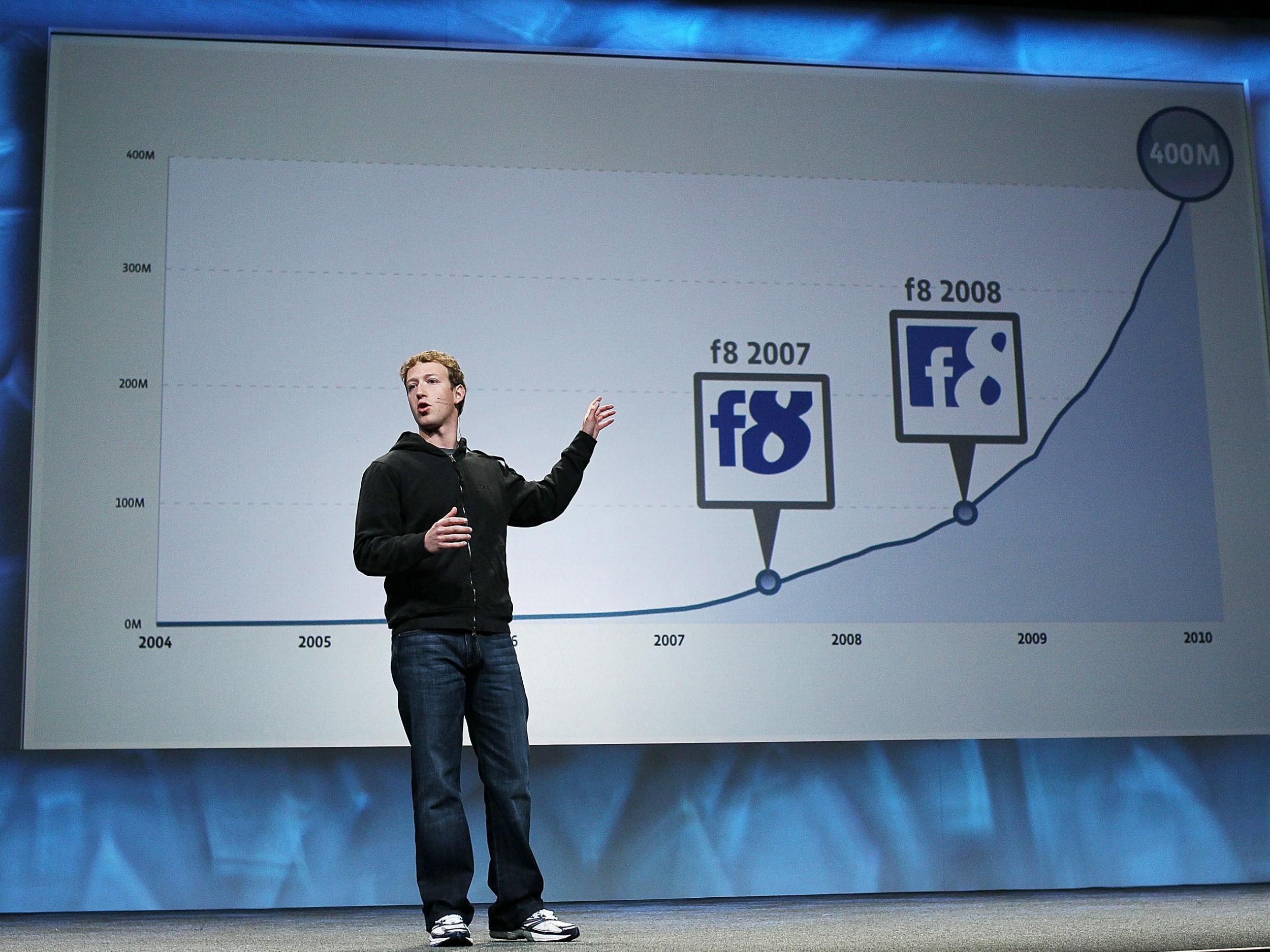“Is this possibly the subsequent massive factor?” That becomes the query a CNBC information anchor requested Mark Zuckerberg in 2004. Less than 3 months earlier, on 4 February, the 19-yr-old Harvard undergraduate had launched a website referred to as ‘TheFacebook’, which served as a web listing for his fellow students. “When we first launched, we had been hoping for perhaps 400, 500 human beings,” Zuckerberg told the host. “Now we’re at one hundred,000 humans, so who knows where we’re going subsequent… Maybe we will make something cool.”
Fifteen years after its inception, that wide variety has grown to 2.32 billion – almost one-third of the world’s populace. In that point, the social community’s call may additionally have shortened however its business has grown exponentially. It has swallowed up the likes of Instagram and WhatsApp to become one of every of the largest era companies on this planet, even as concurrently making Zuckerberg the fifth wealthiest character living on it.
Beyond its length, Facebook, together with Google, now directly impacts more than 70 percent of net site visitors. So how did it pass from a dorm room mission to arguably the maximum influential business enterprise of the net technology? TOP ARTICLES2/5READ MOREUS climate: Hell freezes over as polar vortextriggers coldest freeze in an era
Floating above the early competition

Facebook turned into no longer the first social network. One yr before its release saw the appearance of MySpace, which speedily grew to be the largest social networking website in the international.
Its achievement attracted lots of attention, leading to its acquisition by using News Corporation for $580 million. For a short while in 2006, it overtook Google to emerge as the most visited internet site in the United States, but it is big-name quickly started to vanish.
Mark Zuckerberg seemed on CNBC in 2004 while he turned into nonetheless a 19-year-old Harvard student to speak about ‘TheFacebook’ (Screengrab/ CNBC)
The dying of MySpace has been attributed to its corporate overlords. In his seminal ebook on social media Writing on the Wall, journalist Tom Standage writes: “Its new owner dealt with it as a media outlet instead of an era platform and seemed more inquisitive about maximizing marketing sales than in fixing or enhancing the site’s underlying era.”
In an evaluation, Facebook was able to grow its user base by letting its users decide the course of the platform. New features such as Facebook Chat were asked by using its customers, whilst apps like FarmVille proved to be a wonderful success that helped grow engagement.
By 2010, Facebook had overtaken MySpace as humans flocked to Zuckerberg’s creation nearly as speedy as they left MySpace. Two years later, Facebook went public with Zuckerberg retaining a controlling stake of the shares, which means he might only have a solution to himself.
Taking at the tech giants
The success of Facebook drew the eye of Google, who in 2011 released what it was hoping will be the international’s biggest social community: Google+.

By linking all of Google’s client products into one online identification – Gmail, YouTube, and so forth – the tech massive believed it could tackle Facebook via its sheer numbers. “Online sharing is awkward. Even damaged. And we purpose to restoration it,” Google’s senior vice chairman for engineering said in a blog publish introducing Google+.
Mark Zuckerberg gives the opening deal with on the f8 Developer Conference on 21 April 2010, detailing the website’s exponential boom (Getty Images)
For a while, it seemed like it might be paintings. Within a month of its release, extra than 10 million people had signed up, and Facebook felt yet again just like the David to the Goliath of Google.
In response, Mark Zuckerberg declared an agency-extensive “lockdown” to rule out a method. The battle room processes proved so powerful that using 2018, Google+ had much less than 7 million users, at the end leading to Google pushing forward the shutdown of its failed test.
Consolidating its function
In 2012, Facebook reached the only-billion user milestone and nonetheless confirmed no signal of slowing down. By this factor, several startups had emerged competing with Facebook for humans’ display screen time.
One of these changed into Instagram, which had grown to greater than 50 million customers when you consider that launching in 2010. While this turned into most effective a fraction of Facebook’s users, Zuckerberg diagnosed it as a chance, however, a hazard that might be neutralized after capitalized upon.
How to stop Facebook from revealing the whole lot approximately you Show all nine.
A $1bn acquisition finalized in September 2012 introduced Instagram beneath Facebook’s manipulate – a charge that now looks like a good deal given the photo-sharing platform’s boom to greater than 1 billion customers.
The equal tactic became used for WhatsApp’s messaging app, which was received for $19.3bn in 2014. Less than five years later, WhatsApp has seen similar growth from around 500 million users to one.5 billion.
Combined, there at the moment are more than 2.5 billion human beings around the arena who use as a minimum one in every of Facebook’s social networking or messaging offerings. With an anticipated 4.2 billion people connected to the internet in 2018, it seems the best element preventing Facebook’s endured boom from here is the net itself.




































